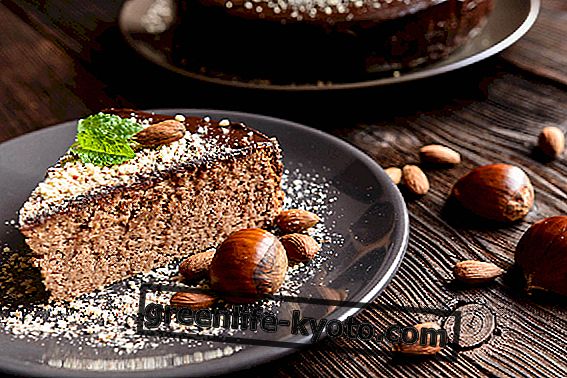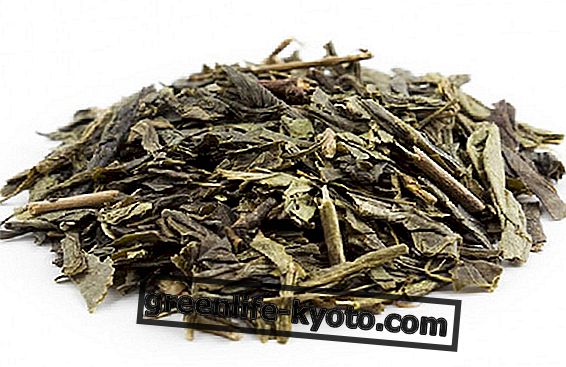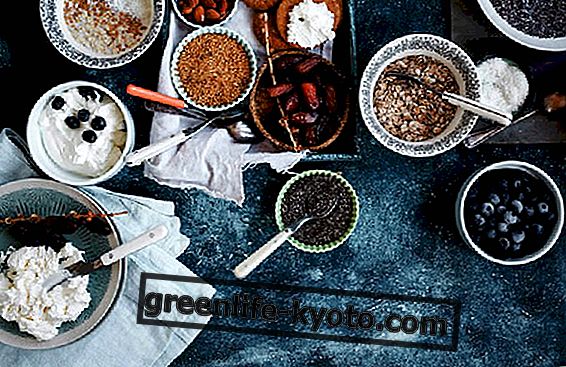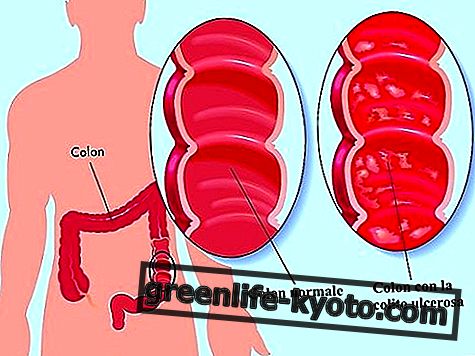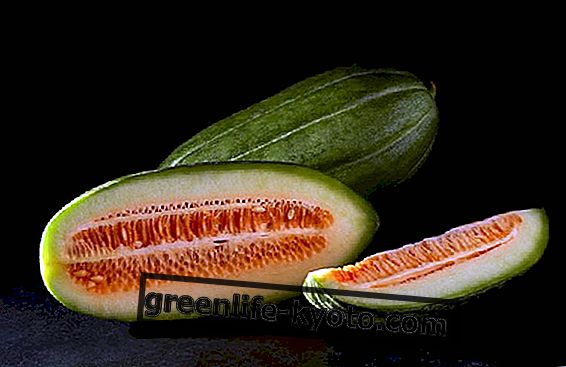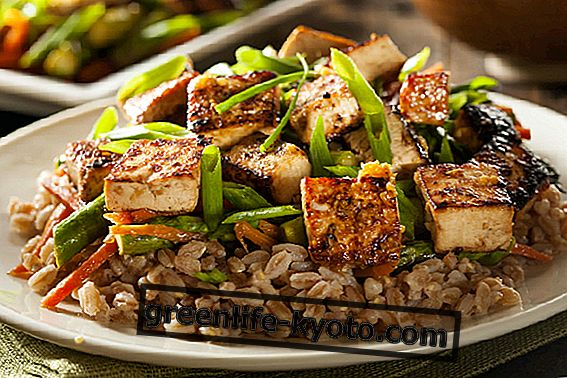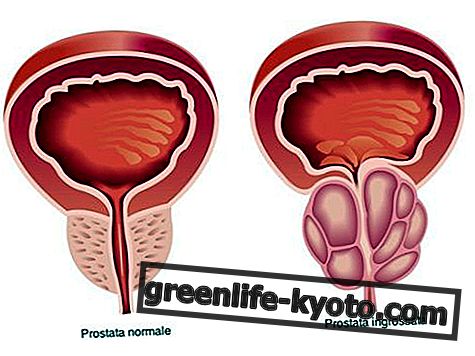Nutrition to fight ulcers must be poor in refined foods and foods that are too high in fat. Alcohol, spices and coffee should also be eliminated, as well as smoking. Let's find out better.

What is an ulcer
Peptic ulcer is a circumscribed ulceration of the mucosa that occurs in those areas exposed to acid and peptic secretion and therefore mainly affects the stomach wall (gastric ulcer) or duodenum (duodenal ulcer), but can also occur in other tracts of the digestive tract.
Peptic ulcer affects 10% of the population.
Gastric ulcer occurs mainly in the elderly, with equal prevalence in the two sexes. The duodenal ulcer is about 4 times more frequent than the gastric ulcer; it is typically a pathology of young-adults, that is, of that age group that ranges from about 30 to 60 years, but can also occur in younger or older people. It is more frequent in males but, after the age of 50, with the arrival of menopause, the difference between the sexes tends to be reduced, probably due to sex hormones.
Among the factors that predispose to ulcer manifestation there are
- Genetic factors and familiarity;
- Socio-environmental factors including the habit of smoking cigarettes and poor nutrition;
- Work activity
- The psychic profile is that of being people who tend to be anxious and emotional;
- The usual use of NSAIDs, or non-steroidal anti-inflammatory drugs;
Moreover, peptic ulcers can be caused by infection by a bacterium, Helicobacter pylori .
Stress is often listed among the causes of gastric ulcer; in reality, however, its role in the emergence of this pathology has never been scientifically proven.
Nutrition to fight ulcers
Nutrition has a very important role in the prevention and therapy of ulcers. It has been shown that the patient with ulcer does not particularly benefit from so-called white diets. Instead, a balanced diet is useful both from the caloric point of view and for the qualitative composition.
Nutrition against ulcers must be poor in refined foods and foods that are too high in fat. It is very important to subdivide the introduction of food into three main meals and two small snacks. Food should be consumed calmly, chewing slowly and well. It is essential not to skip meals and not to eat too much.
Wine, beer and all other alcoholic beverages should be excluded from the diet because alcohol stimulates acid secretion. Eventually, alcohol can be taken in diluted solutions and in minimal quantities.
Coffee, including decaffeinated coffee, tea and all other products containing methylxanthine derivatives should also be avoided . Even sugary drinks, including fruit juices, can promote the appearance of ulcers or delay healing.
It is also advisable to avoid, or at least limit, the consumption of foods that stimulate chloridropeptic secretion, for example meat broth. Spices, in particular pepper, paprika and hot pepper should be excluded from the diet .
Some specialists have associated the prevalence of ulcers with a diet rich in salt.
Smoking delays and sometimes even prevents ulcer healing; it also favors recurrences. Anyone suffering from an ulcer must definitely stop smoking.
Did you know that
The bacterium called Helicobacter pylori was identified in 1984 by Barry James Marshall and Robin Warren, two scholars who, in 2005, won the Nobel Prize for medicine " for having discovered the bacterium Helicobacter pylori and its role in gastritis and ulcer peptic . "
Initially, the role of Helicobacter pylori in gastritis and ulcers, hypothesized and then tested by Marshall and Warren, was received with much skepticism by the scientific community; it was not believed possible that a bacterium could live in an acidic environment like the stomach. And so, to prove his theory, Marshall ingested a solution containing Helicobacter pylori, causing the formation of an ulcer which he then obviously treated with the appropriate antibiotics.




